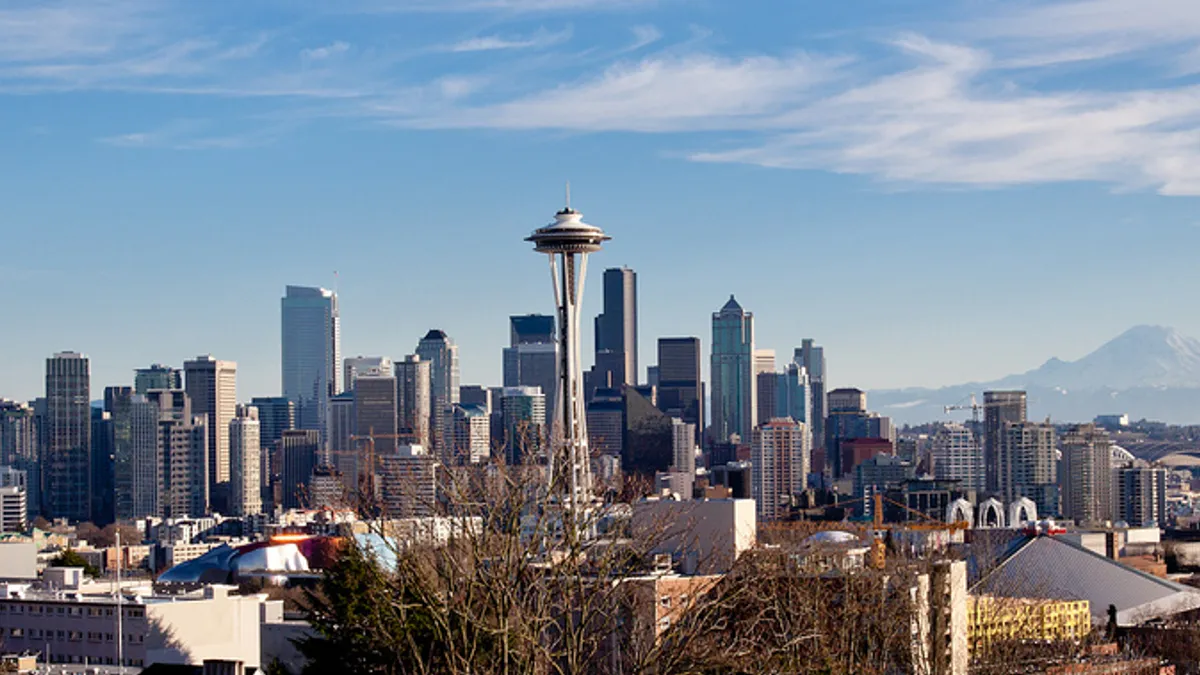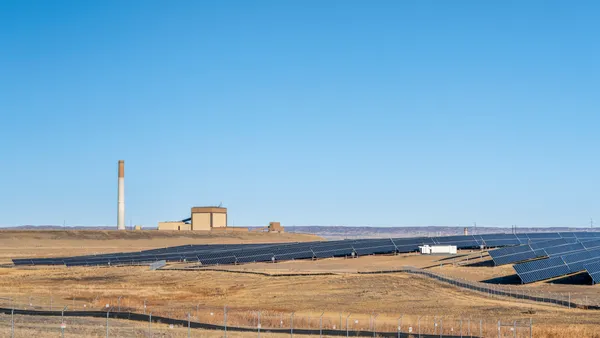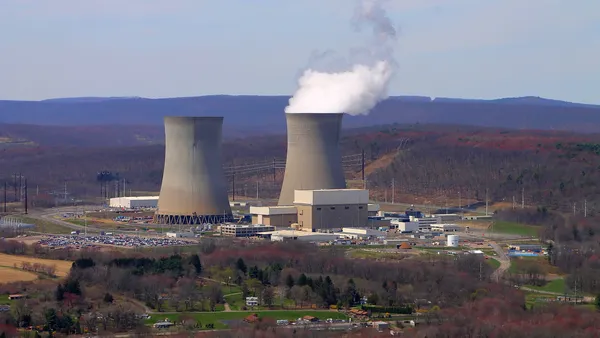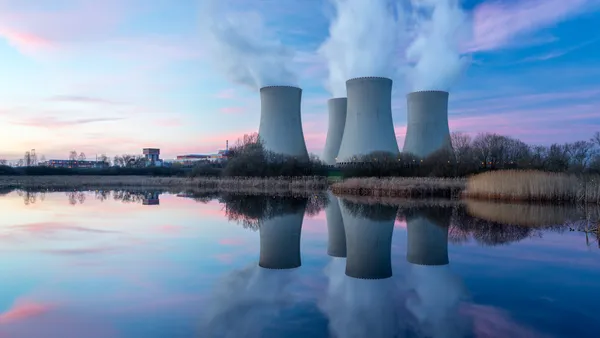Dive Brief:
- A carbon tax on the ballot in Washington will raise the price of gasoline, electricity and natural gas, but not as much as had previously been thought, the Seattle Times reports.
- The Seattle Times reports due to an error in the analysis of Initiative 732, the State Department of Commerce had previously indicated a 20% rise in power prices would result by 2020. The agency now forecasts a 5.3% increase.
- Opponents of the measure argue it will strain family budgets, while not putting funds into infrastructure projects like highways and other transit options.
Dive Insight:
Several states have increasingly eyed carbon prices as a way to meet aggressive climate goals. And during the presidential campaign this year, an energy advisor to Democrat Presidential candidate Hillary Clinton mentioned she was open to a carbon tax as one way to mitigate impacts from climate change, though she has not directly expressed her position.
Meanwhile, Washington voters appear closely divided over Initiative 732, which seeks to tax carbon emissions. According to Ballotpedia, a pair of polls show about 38% in favor of the carbon tax, and 37% opposed. If enacted, the tax would start at $15/metric ton of emissions in July 2017, rising to $25 in July 2018, and then 3.5% annually until $100.
Supporters say the measure helps the state attain carbon goals, will lower the sales tax and provides tax credits for low-income families. Opponents argue it will reduce state revenue by $800 million, while adding hundreds of dollars to families' bills. The initiative is designed to be revenue neutral, though the two sides disagree on whether it is in practice.
The Los Angeles Times digs into the controversy among environmental groups regarding 732. Several major groups, including the Sierra Club, have not endorsed the initiative amid arguments it does too little to help minority and low income groups.















